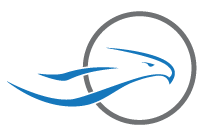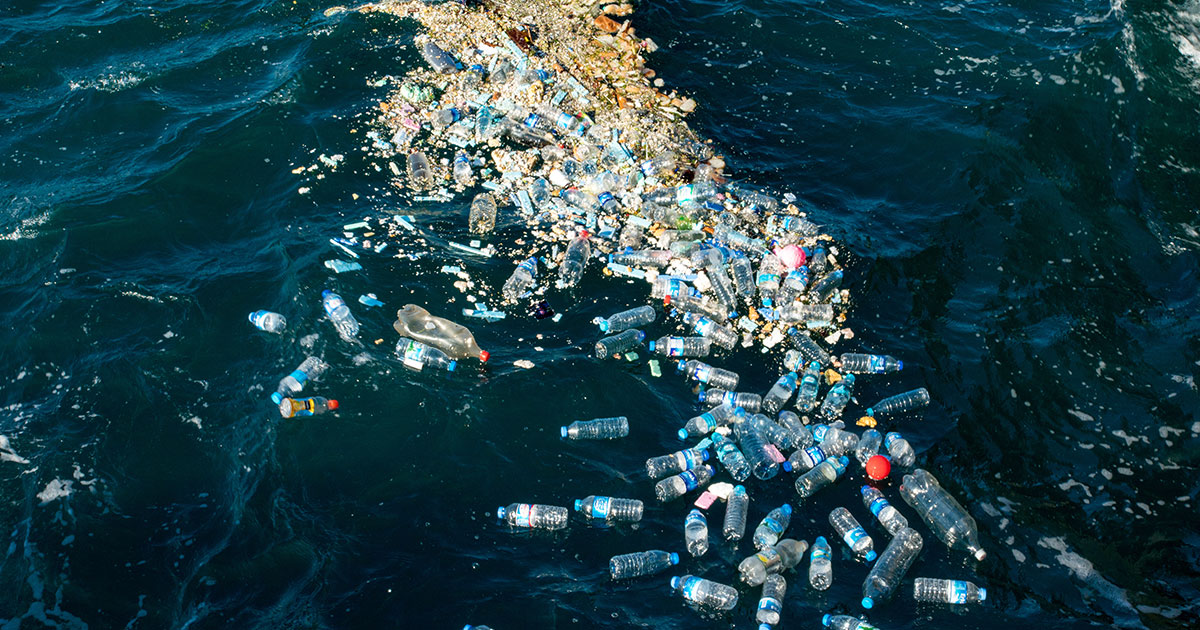Marine Ventures International, Inc. (MVI) recently completed a 6-month protected species mitigation project aboard the offshore survey vessel Deep Helder navigated by MMT.
MMT performed geotechnical and geophysical surveying for the development of two offshore wind farms located several miles south of Rhode Island, a state located in the northeastern section of the United States of America.
MVI was awarded the environmental mitigation portion of the project to observe marine animal wildlife and provide guidance to mitigate against disturbance, injury, and death of marine mammals and sea turtles during the survey. Extra precautions were implemented for protection of the North Atlantic right whale (Eubalaena glacialis), one of the world’s most endangered large whale species.
MVI contracted Protected Species Observers (PSOs) to monitor for cetaceans, sea turtles, and other marine mammals during the project timeframe. Katherine Douglas was one of the PSOs assigned by MVI to the Deep Helder, and below she provides a synopsis of her experience.
"As a PSO arriving to a new vessel there is always an excited uncertainty of what to expect. What parts of the world will the crew be from? What will there be to eat for the next month? Will our presence be well received and respected? Checking in at the bridge, I was immediately and efficiently welcomed to the crew.
The role of a PSO is to maintain a vigilant watch for marine mammals like whales, dolphins, and seals and other protected species like sea turtles. PSOs often have the opportunity to observe these majestic beings in their element. While aboard the Deep Helder, I also tragically observed heaps and heaps of floating marine debris. Marine debris is a major problem; plastic bags and weather-worn Mylar balloons look devastatingly similar to jellyfish, the main dietary component for a number of sea turtle species. Plastic straws have also been found in sea turtle’s noses; whales and dolphins become entangled in plastic-based fishing gear; and micro-plastic particles are ingested by fish and baleen whales while filter-feeding for krill.
The Great Pacific Garbage Patch, a conglomerate of floating marine debris particles in the central North Pacific Ocean, has become a household term, and one campaign to ban plastic straws is gaining momentum worldwide; but there is still a long way to go in terms of education, awareness, and action to combat the marine debris crisis. Every piece of marine debris that we can keep from entering the oceans is critical; every little bit helps.
After my initial vessel familiarization tour, a vessel officer presented me with the gift of a reusable water bottle to use with their state-of-the-art water fountain system. I decided then to monitor the digital counter for disposable-plastic-water-bottles-eliminated tick-up over my time aboard and had a little 'guestimation' game going with myself. In the end, because the crew used reusable bottles instead of disposable ones, over 4,000 plastic water bottles that could have added to the trash heap never materialized during my 4 weeks aboard the Deep Helder.
I was very impressed with the team on the Deep Helder, and felt the commitment by everyone involved to honor and respect the environment in which we all work. This is something everyone can feel good about. The humble, reusable water bottle is directly protecting animals in the ocean; animals that we have a great deal to learn from. The reusable water bottle also directly protects us by keeping micro-plastics out of our food chain and bellies!"
Marine Ventures International, Inc., a marine environmental consulting company based out of Stuart, Florida, provided the environmental personnel to conduct offshore mitigation of protected animal species and marine sound data acquisition off Rhode Island, a state located in the Northeast US.
MMT has for over two decades developed and improved services for the Renewables, Oil & Gas, and Interconnector industries with high-resolution marine surveys, asset integrity, and construction support. In addition, MMT supports governments, companies, organizations, and investors in exploring the seafloor. MMT's global operations cover the North Sea, Baltic Sea, North Atlantic, the Mediterranean, Caribbean, and the US East coast. The MMT teams of highly skilled and experienced specialists are determined to provide the most committed and best service on the market. MMT develop new processes and equipment—based on the latest technology—in order to meet and exceed every client’s expectations.


